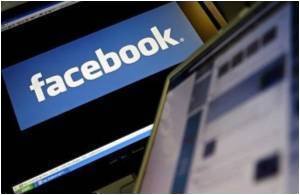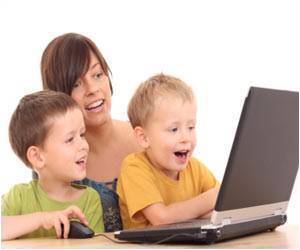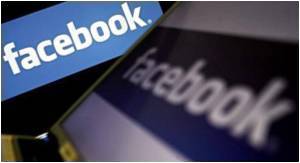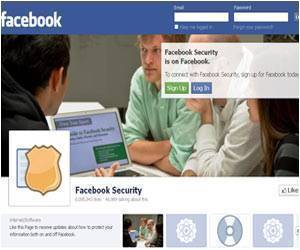One reason why 'virtual rejection' hurts is because, the more you are on Facebook the more emotional ties you have to different interactions on the social platform, says an expert.
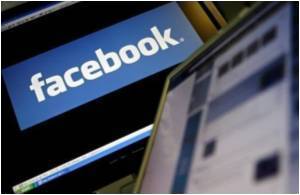
It hurts most when users felt they were unfriended because they of something they'd done on the social network, though the study showed Facebook users are usually unfriended because of offline-related events, Mashable reports.
"Why does this matter so much? "I think it's a testament to how important our Facebook identity is," the report quoted Bevan, as saying.
According to the report, some reasons of being unfriending are excessive status posting, someone who is seen as dramatic or to avoid being influenced by someone else's lifestyle choices.
Bevan, the researcher, admits there isn't much research as of yet into this field of online interaction.
"You're basically manipulating that relationship," she said when asked if the effects of unfriending can be seen as malicious.
Advertisement
Source-ANI

